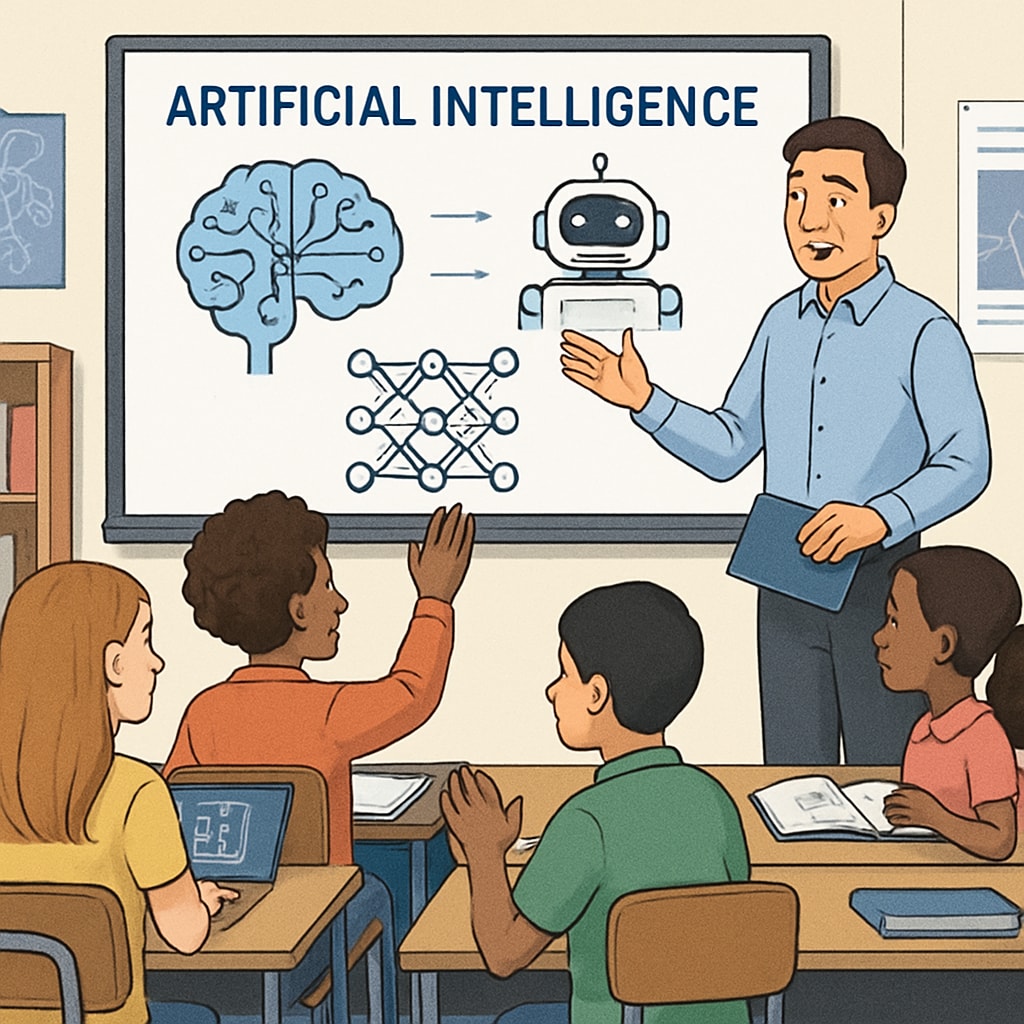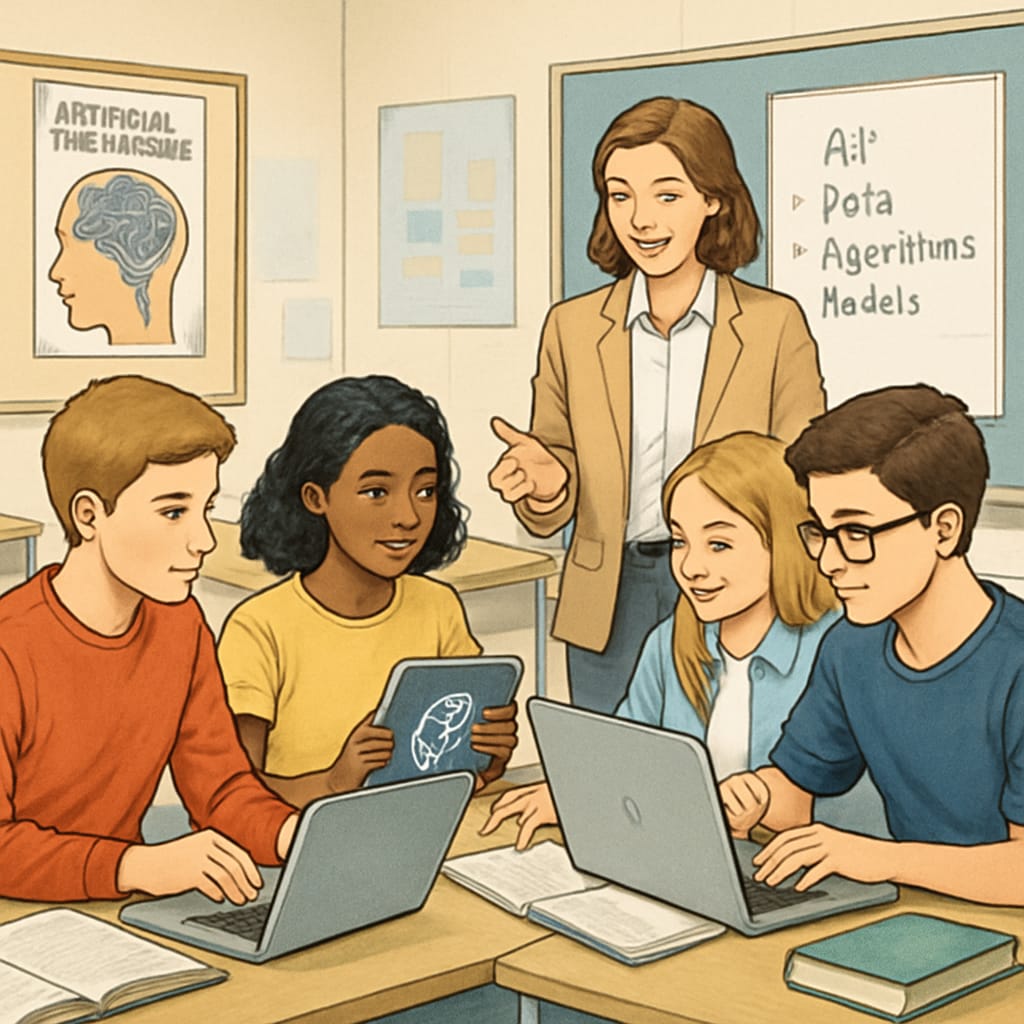Artificial intelligence (AI) is revolutionizing industries across the globe, raising concerns about its impact on university education and career prospects. As AI continues to advance, students and their parents are questioning the return on investment of higher education. This article explores the growing challenges universities face in retaining their value in the AI era and how high school education can equip students with the skills needed to thrive in this transformative landscape.
The Value Crisis of University Education in the AI Era
For decades, a university degree has been considered a ticket to stable, well-paying careers. However, the rapid development of AI technologies is disrupting traditional job markets. AI-powered tools and systems are automating tasks that once required human expertise, from data analysis to legal research. As a result, many students and parents are beginning to question whether the significant financial and time investment in higher education is still justified.
According to a report by Britannica, AI is already replacing roles in fields such as customer service, manufacturing, and even creative industries like content writing and graphic design. This trend is forcing universities to reassess their curricula to ensure that graduates remain competitive in a rapidly changing job market.

How AI is Reshaping Career Prospects
The career landscape is evolving rapidly due to AI. While some jobs are disappearing, others are being created. For instance, roles in AI development, machine learning engineering, and data science are in high demand. However, these positions require specialized skills that many traditional degree programs do not currently offer.
In addition, “soft skills” like critical thinking, creativity, adaptability, and emotional intelligence are becoming increasingly valuable. These are areas where AI struggles to match human capabilities, making them essential for future-proofing one’s career. High school and university curricula must focus on these competencies to ensure students are prepared for jobs that do not yet exist.
Preparing High School Students for the AI Era
High schools play a critical role in preparing students for the challenges and opportunities of an AI-driven world. Here are some strategies schools can adopt:
- Integrating AI Literacy: Teach students the basics of AI, its applications, and its limitations to foster understanding and adaptability.
- Promoting Interdisciplinary Learning: Encourage students to combine technical skills with humanities, such as ethics and communication, to navigate the complex implications of AI.
- Developing Soft Skills: Focus on teamwork, problem-solving, and leadership through project-based learning and extracurricular activities.
- Career Counseling: Provide guidance on emerging fields and the skills required to excel in them.
By implementing these strategies, high schools can help students build a strong foundation for success in the AI era.

What Universities Must Do to Stay Relevant
To address the growing skepticism about their value, universities need to align their programs with the demands of the modern workforce. Here are key areas for improvement:
- Curriculum Modernization: Introduce courses on AI, data analysis, and emerging technologies to keep pace with industry needs.
- Industry Partnerships: Collaborate with companies to offer real-world experience through internships and co-op programs.
- Focus on Lifelong Learning: Develop flexible learning options, such as online courses and micro-credentials, to support continuous skill development.
These measures can help universities maintain their relevance and provide value to students in an AI-driven world.
Conclusion: Embracing the Future
As artificial intelligence reshapes industries and challenges traditional career paths, the value of university education is under unprecedented scrutiny. However, by adapting high school and university education to meet the demands of the AI era, students can be equipped with the skills needed to navigate this transformative period successfully. Both educators and students must embrace change, remain adaptable, and focus on lifelong learning to thrive in the AI-driven future.
Readability guidance: This article uses short paragraphs and lists to improve readability. It incorporates a balance of technical and general language, ensuring accessibility while maintaining a professional tone.


